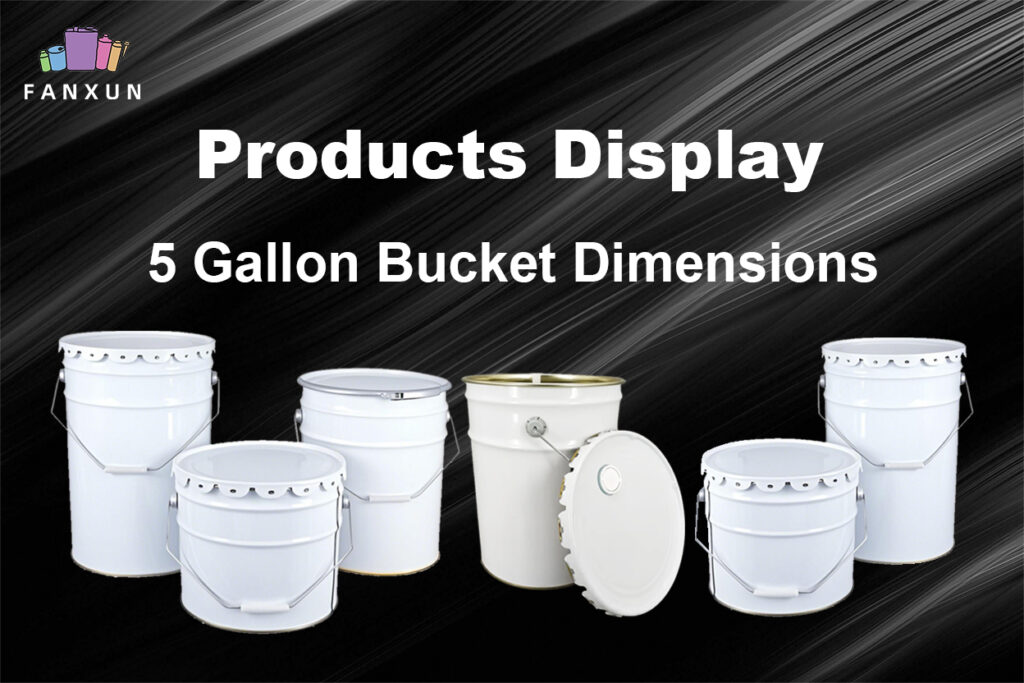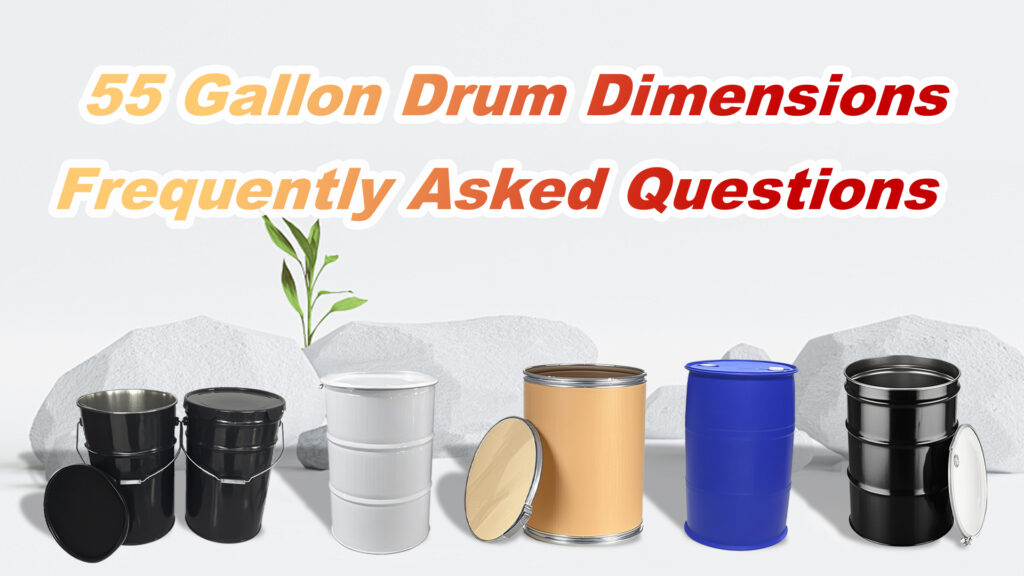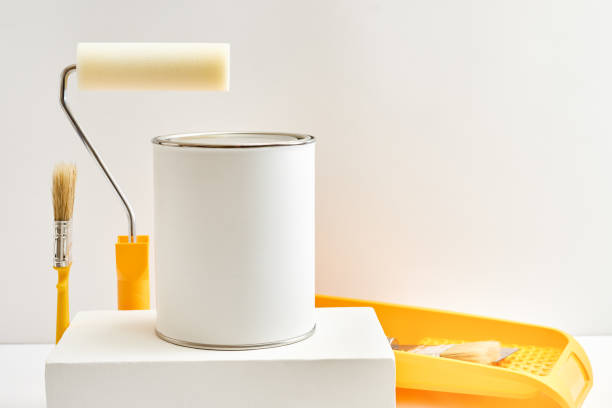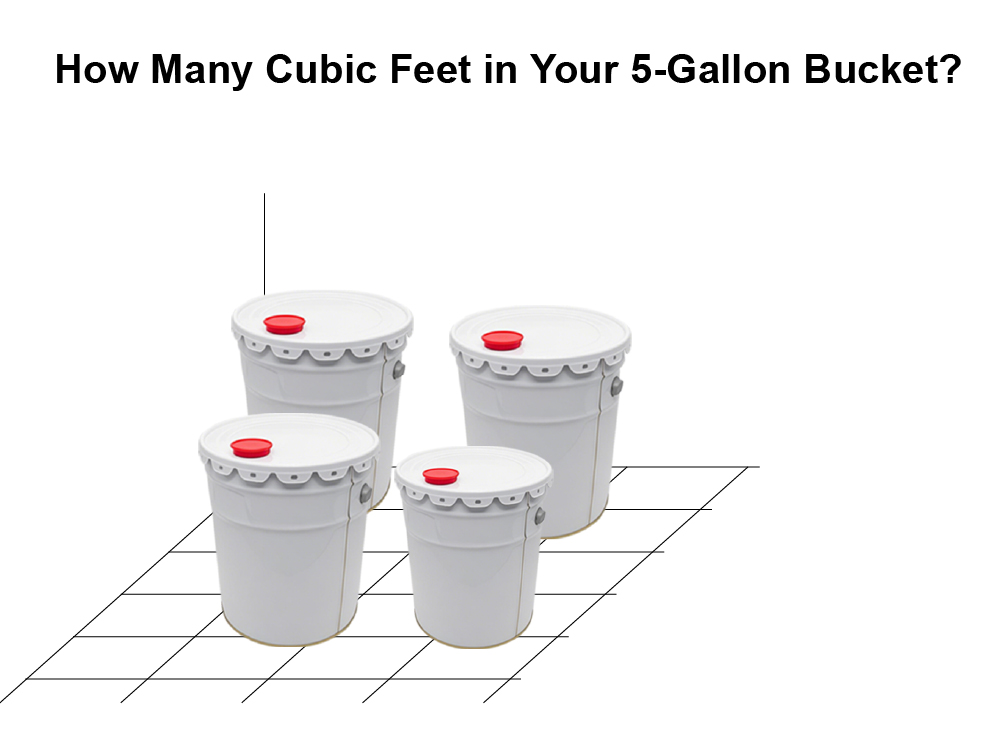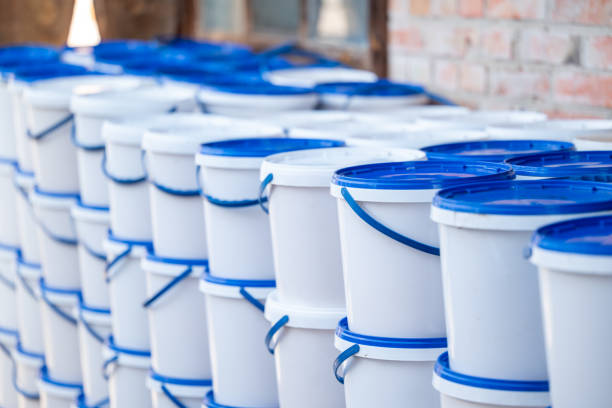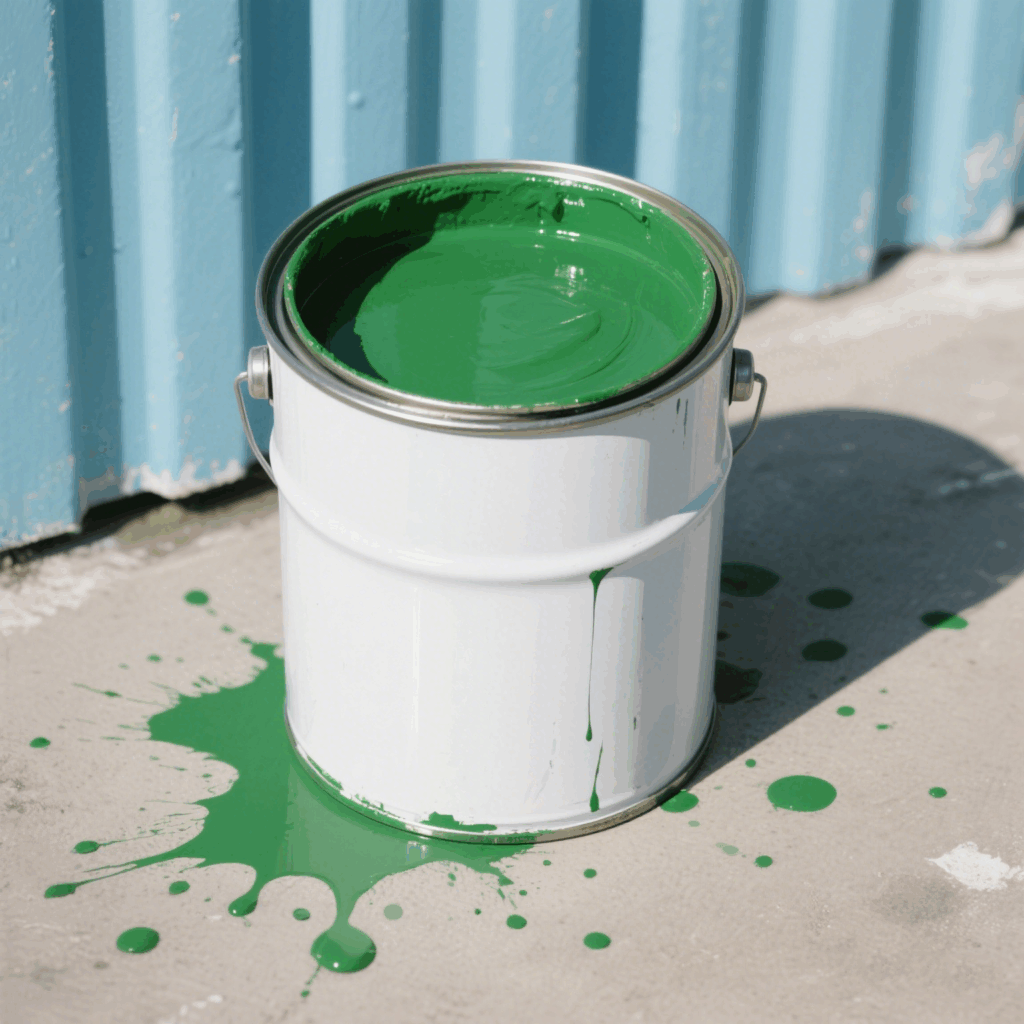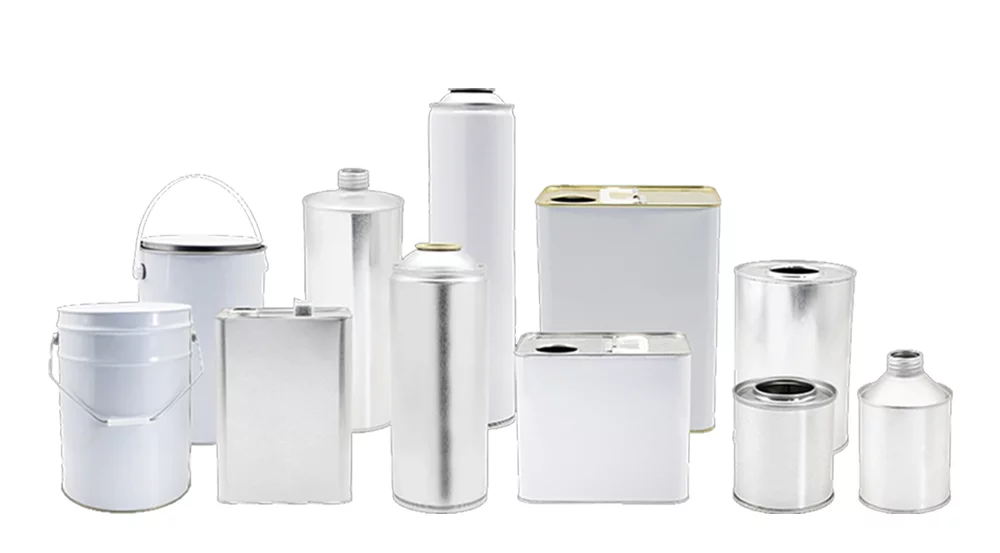Aerosol cans cover a variety of industries from cosmetics to cleaning products, industry, and sprays. Every seemingly simple аэрозольная банка is inseparable from an important component-the aerosol can valve. As one of the core components of aerosol cans, the parameters of aerosol can valves directly determine the safety of use and functional performance of the product. How to choose a suitable aerosol can valve? What do its various parameters mean?
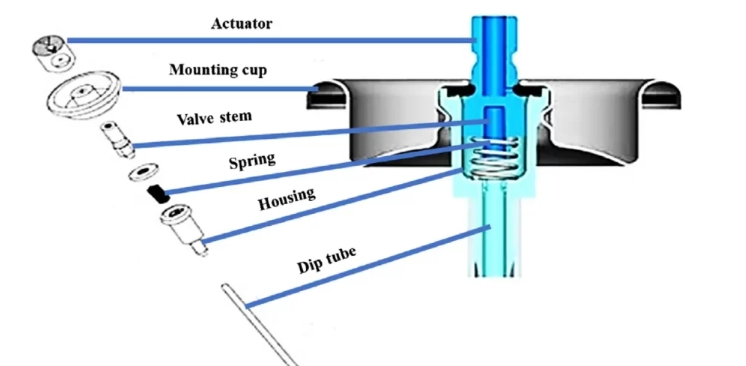
Pressure parameters of aerosol can valves
The pressure parameters of aerosol can valves are one of the most important technical indicators when selecting valves. The pressure range directly affects the spraying effect of the liquid in the aerosol can, and even affects the safety of the aerosol can. Most aerosol cans require a working pressure between 0.8-2.5 MPa, while some special products may require a higher pressure tolerance. Choosing the right valve pressure can not only ensure the uniformity and stability of the product spray effect, but also avoid dangerous situations such as valve damage caused by high pressure or aerosol can bursting. Therefore, when choosing a valve, it is crucial to understand the working pressure range of the aerosol can.
Flow parameters of aerosol can valve
The flow parameter refers to the volume of gas or liquid sprayed per unit time by the aerosol can during use. The size of the flow determines the effect and use experience of the spray. Too small a flow rate may cause uneven spraying, and too large a flow rate may waste gas or liquid, or even cause discomfort due to excessive spraying. The flow rate of the aerosol can valve is usually adjusted according to different product requirements, and common flow values are 0.5ml/s, 1ml/s, и т. д..
Sealing performance of aerosol can valve
Sealing is another key parameter of aerosol can valves. Good sealing performance can not only prevent leakage of contents, but also ensure that the aerosol can is not affected by the external environment during storage and transportation. Especially for some highly volatile chemical components or highly sensitive products, the sealing performance of the valve is particularly important.
The quality of the sealing performance mainly depends on the design and material of the valve sealing ring. Normally, the choice of sealing ring material is determined by the characteristics of the contents of the aerosol can. Common sealing ring materials include rubber, polytetrafluoroethylene (PTFE) and silicone, all of which have good corrosion resistance, high temperature resistance and sealing effect.
Corrosion resistance and durability of aerosol can valves
Aerosol can valves are exposed to the external environment for a long time, especially in a humid environment with large temperature differences, and are easily affected by corrosion. The corrosion resistance of the valve directly determines the service life and safety of the aerosol can. Especially for spray products containing chemical ingredients, the corrosion resistance of the valve is particularly important.
Aerosol can valves are generally made of stainless steel, aluminum alloy or other corrosion-resistant materials to improve the durability and corrosion resistance of the valve. In order to ensure the durability of the valve, manufacturers usually also perform surface treatments such as electroplating and spraying to further improve the valve’s anti-oxidation and corrosion resistance.
Compatibility and adjustability of aerosol can valves
The compatibility and adjustability of aerosol can valves are also factors that must be considered when choosing. Aerosol cans and valves from different manufacturers may differ in design and craftsmanship, so it is crucial to choose valves with strong compatibility. Some high-end products may require valves with adjustable flow to meet the needs of different usage occasions.
By precisely adjusting the opening and closing and flow of the valve, manufacturers can ensure the consistency of product quality in different batches and meet the needs of consumers.
Safety performance of aerosol can valves
Safety is the primary consideration in the design of each aerosol can valve. Aerosol cans contain pressurized gas or volatile liquid. If the valve design is unreasonable or does not have sufficient safety performance, it may cause dangers such as valve leakage and explosion. Therefore, aerosol can valves need to have good pressure resistance, leakage resistance and stability to ensure that the product can be used safely under any conditions.
Common safety designs
Include explosion-proof devices, leakage-proof designs and temperature control devices. The explosion-proof device of the valve can prevent explosions at high temperatures or excessive pressures, and the leakage-proof design can automatically cut off the gas flow when the valve is damaged, thereby avoiding the leakage of harmful substances. The temperature control device can automatically adjust the gas pressure of the aerosol can according to the ambient temperature to ensure stable operation in extreme climates.
Environmentally friendly design of aerosol can valves
With the improvement of environmental awareness, the environmentally friendly design of aerosol can valves has also received more and more attention. Environmentally friendly aerosol can valves can not only reduce the impact on the environment, but also enhance the brand image. Many valves use non-toxic and harmless materials to avoid the use of chemical components that may pollute the environment. Environmentally friendly valves are also recyclable and meet increasingly stringent environmental regulations around the world.
Manufacturing standards for aerosol can valves
In addition to considering the above parameters, when choosing a suitable aerosol can valve, you also need to pay attention to the manufacturing standards of the valve. At present, there are a series of strict regulations and certification requirements for the manufacture of aerosol can valves worldwide. Standards in different countries and regions may vary, but most manufacturers will produce according to international certification standards such as ISO and CE. These standards specify the safety, environmental protection, material requirements and other aspects of aerosol can valves to ensure that aerosol can products meet market demand and ensure the safety of users.
Choose the right aerosol can valve
How to choose an aerosol can valve suitable for your product? Companies need to have a clear understanding of their product needs and choose the right valve based on the characteristics of the product. Например, for cosmetic aerosol cans, valves with small flow and uniform spray are required; for detergent aerosol cans, valves with strong corrosion resistance and durability are required. Enterprises should also consider factors such as valve compatibility, production process and cost to achieve the best cost-effectiveness.
Summary
When purchasing aerosol can valves, it is also particularly important to choose a reputable aerosol valve supplier. An experienced and reputable supplier can not only provide high-quality valves, but also provide professional technical support and after-sales service to help enterprises smoothly produce high-quality aerosol can products.















